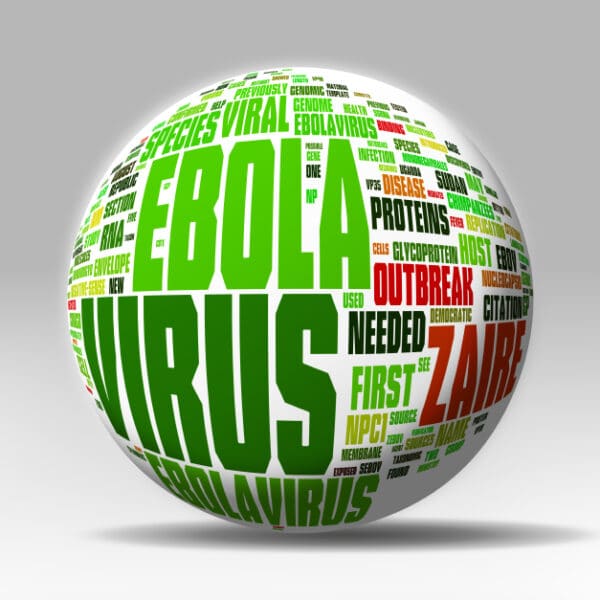 About Ebola
About Ebola
Ebola virus disease (EVD) is a rare but severe infection caused by the Ebola virus. Since early this year there has been a large outbreak of Ebola virus in West Africa, with widespread and intense transmission in Guinea, Liberia and Sierra Leone. Ebola virus is currently not found in the United Kingdom. Although the risk of imported cases is low, it is not impossible that travellers or returning healthcare workers, infected in Guinea, Liberia, or Sierra Leone, could arrive in the UK while incubating the disease, developing symptoms after their return and turning up in GP practices.
A step-by-step guide
I’m sure you’ve been inundated with emails, letters, documents and posters advising staff and patients what to do if someone thinks they have contracted Ebola. Sometimes too much information can lead to confusion, but the Royal College of General Practitioners (RCGP) has now developed some excellent guidance for practices which is broken down into bite-sized chunks for each member of the practice team. The RCGP has produced a useful step-by-step guide to help GP practices prepare for, and deal with, the Ebola outbreak. It outlines specific duties and responsibilities if a patient presents with Ebola-type symptoms visits or rings the surgery for advice.
Take precautions
It is important to note that transmission of Ebola from person to person is only through direct contact with the blood or body fluids of a symptomatic infected person. There is no evidence of Ebola transmission through intact skin or through small droplet spread, such as coughing or sneezing. Anyone who has close physical contact with a person infected with Ebola, or who handles blood or body fluid samples from Ebola patients should be using barrier nursing techniques and personal protective equipment (PPE).
Key messages for GP practices
- Assess a patient’s risk of Ebola.
- Discuss suspected cases with your local infection specialist.
- Specific local advice can be sought from your local PHE Health Protection Team.
- Patients who telephone the surgery with symptoms should not visit the surgery.
- Patients who do come into the surgery with symptoms should be isolated away from other patients and not kept in the waiting room.
- Using hand hygiene is an important infection control measure.
- If a patient is transferred to hospital by ambulance it is essential to alert them if there is a possibility of Ebola.
- Cleaning and decontamination of rooms in which a suspected or confirmed Ebola patient has been isolated, or any facilities used by the patient, should be discussed with the local Health Protection Team.
In order to reduce some of the confusion I would recommend that you look at the RCGP link below and share it with your relevant practice staff.






